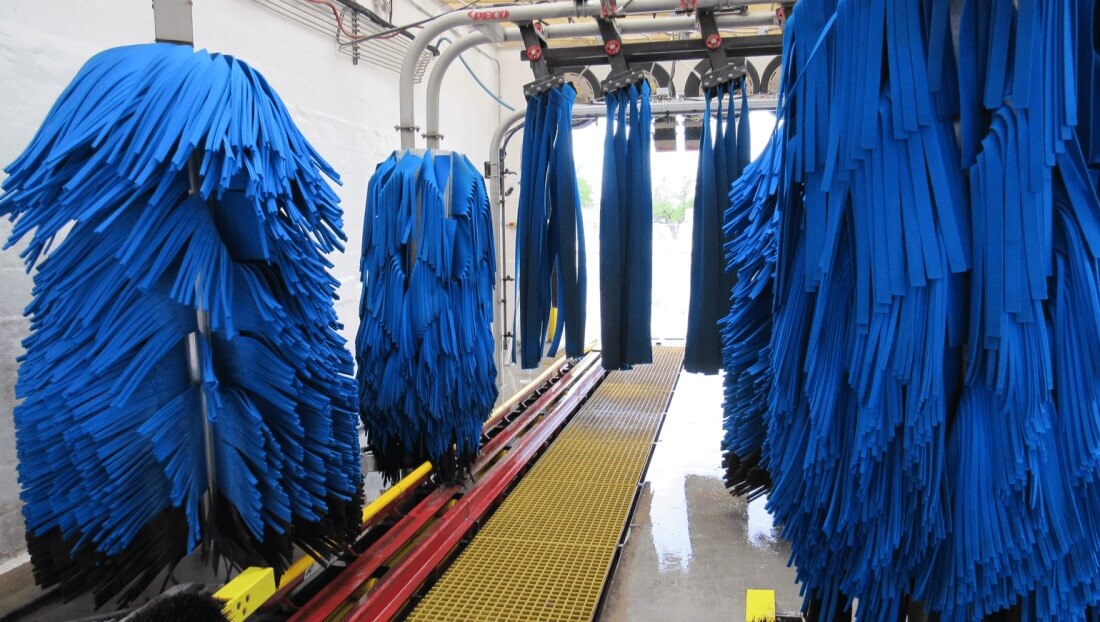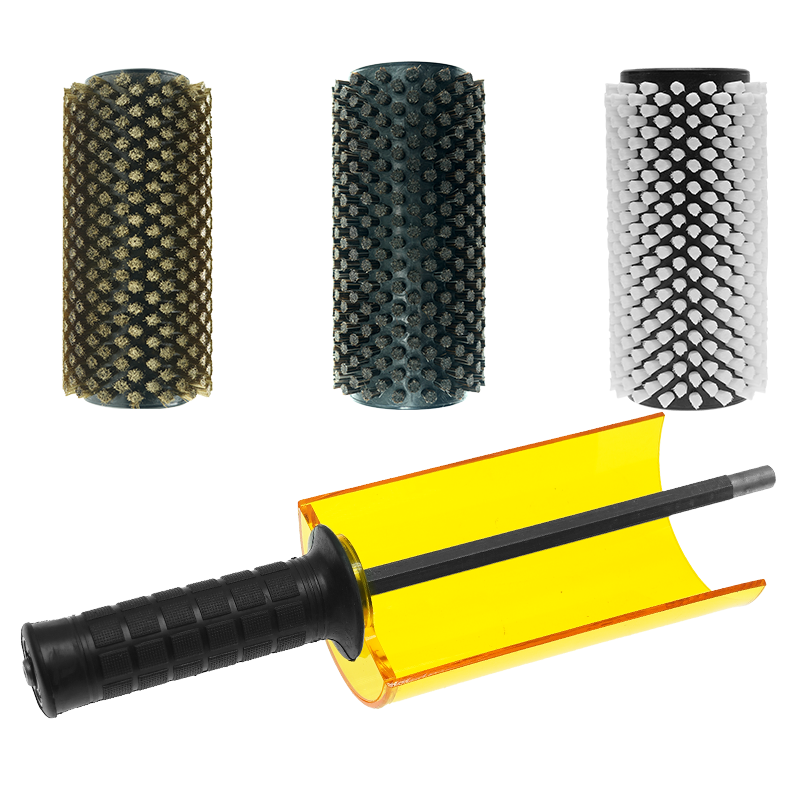Self-Producing Factory-Professional Manufacturer
Ultimate Guide to Automatic Car Wash Brushes: Cloth, Cotton, Fiber & Foam
Aug 18,2025

Car wash brushes directly impact washing results and economic benefits. Choosing the right brush is crucial, from paint-damaging cloth brushes to high-cost imported foam brushes. The fifth-generation imported foam brush, with its dense wear resistance, strong water retention, and quiet design, provides efficient cleaning while perfectly protecting paint, embodying the ultimate spirit of craftsmanship.
Selection of Automatic Car Wash Brushes
The selection of brushes for automatic car washes is crucial. It not only directly affects the washing results but also relates to the economic benefits brought by the machine. Although some worry that car wash brushes might damage paint, a deeper understanding of the characteristics of various brush types allows for better selection and use. Next, we will explore the diverse classifications and unique properties of car wash brushes.
Car wash brushes, as the core component of automatic car washes, come into direct contact with the car's paint surface. The quality of their material directly impacts the washing results. Long-term use of inferior brushes can lead to reduced paint gloss and even cause damage. Reviewing the development history of China's car wash machine market, the evolution of brushes has gone through cloth brushes, cotton brushes, fiber brushes, and finally to today's foam brushes.
Characteristics and Disadvantages of Cloth Brushes
Cloth brushes, as early-generation wash brushes, are still used today due to their low cost. While offering decent cleaning power, they have significant drawbacks: the cloth strips are prone to stretching, leading to a short lifespan. More importantly, the strips can carry gravel, scratching cars. Additionally, cloth brushes can interfere with the normal operation of wiper blades. Used widely because of low cost, they are prone to damaging paint and have a short lifespan.
Advantages and Disadvantages of Cotton Brushes
Cotton brushes, the second generation, gained some favor for their high cleaning power and water retention. However, when non-woven cotton material absorbs large amounts of water, the brush's weight increases dramatically, which can cause problems when used on smaller car wash machines. Due to their short popularity in the Chinese market (less than two years), they were gradually phased out by many manufacturers. Currently, cotton brushes are mainly used in various large-scale washing equipment. They offer high cleaning power but are prone to accidents due to weight gain and are gradually being eliminated.
Advantages of Fiber Brushes
Fiber brushes, the third generation, are highly regarded for their unique polymer material manufacturing process. These brushes are not only long-lasting but also soft, difficult to break, and can even be processed into various dazzling colors as needed. In tunnel car washes, fiber brushes are often configured as horizontal brushes for cleaning the lower sides and tires of cars, with significant effect. They have a long lifespan, soft texture, and are suitable for washing car sides and tires.
Evolution and Selection of Foam Brushes
EVA foam brushes, representing the fourth generation, have now been upgraded to the fifth generation and are praised for their excellent cleaning power and outstanding dehydration. These brushes also differ between Chinese-made and Italian-made. Domestically produced foam brushes are affordable, but their material is relatively loose, primarily shaped as thin strips, offering moderate cleaning results. They are mainly suitable for gantry reciprocating car washes and tunnel car washes.
The fifth-generation imported foam brushes used in Veris Tech car wash machines originate from the exquisite craftsmanship of Japan's MK Research Institute. After years of R&D and optimization, these brushes achieve a precise rubber content ratio, completely eliminating safety hazards caused by bristles. The specially imported brush material is dense and wear-resistant, while also possessing good water retention, storing large amounts of water within the brush to significantly enhance washing results. Furthermore, these foam brushes offer excellent sound absorption, minimizing the friction noise between the brush and paint during washing, ensuring quiet and clean operation. More importantly, their soft bristles do not trap grit, better protecting the car's paint surface. However, due to the relatively high price of imported foam brushes, only a few excellent car wash manufacturers choose to use them. Foam brushes are popular for efficient cleaning and dehydration; imported ones are superior but more expensive.
Hot Tags:
PREVIOUS:
Contact Us
CEO: Alan
Email: alan@virostech.com
Phone: +86-15215693689
Sales Manager: Edith
Email: Edith@virostech.com
Phone: +86-15215693689









